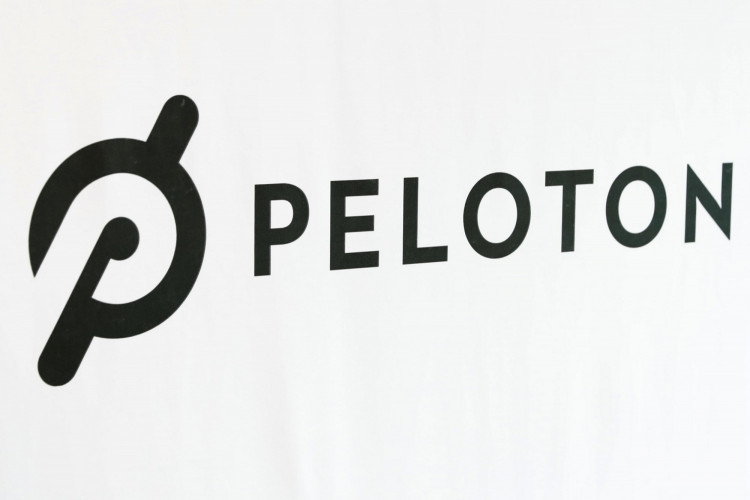Amidst a significant downturn in its market value, Peloton, once a pandemic-era darling, is now a prime target for a potential buyout by several private equity firms. The fitness company, renowned for its high-end exercise equipment and digital classes, has seen its valuation plummet from a peak of $49.3 billion in January 2021 to roughly $1.3 billion recently. This steep decline has drawn the attention of investors looking to capitalize on the brand's challenges to potentially steer it back to profitability.
Peloton has been in discussions with at least one private equity firm about the possibility of going private, although the level of interest from this firm remains uncertain. Several other firms are also reportedly circling, considering a buyout as Peloton seeks to refinance its considerable debt and find a path forward after 13 consecutive quarters of losses. The company's situation is further complicated by the recent departure of CEO Barry McCarthy and a plan to lay off about 15% of its staff, or approximately 400 employees, in a bid to slash costs.
The interest from private equity stems from Peloton's enduring, profitable subscription service and a loyal customer base, despite the challenges in its hardware sector. Peloton's equipment, including its high-profile bikes and treadmills, has not only been expensive to produce but has also faced significant issues, such as high-profile recalls that have tarnished the brand's reputation. Additionally, the general pullback in consumer spending on luxury goods has dampened demand for Peloton's pricey offerings.
In response to these challenges, Peloton recently announced a broad restructuring plan intended to reduce its annual operating expenses by more than $200 million by the end of fiscal 2025. This plan primarily involves significant layoffs and cuts across marketing, research and development, IT, and software departments. These measures are aimed at making Peloton more appealing to potential buyers by bolstering its ability to generate sustained free cash flow, even without an increase in sales.
Peloton's financial health is further strained by its substantial debt load, totaling about $1.7 billion as of March 31. This includes $692.1 million in term loans and $991.4 million in 0% convertible senior notes. The company is actively working with its lenders, including JPMorgan and Goldman Sachs, on a refinancing strategy to extend maturities and reduce leverage at a reasonable cost.






